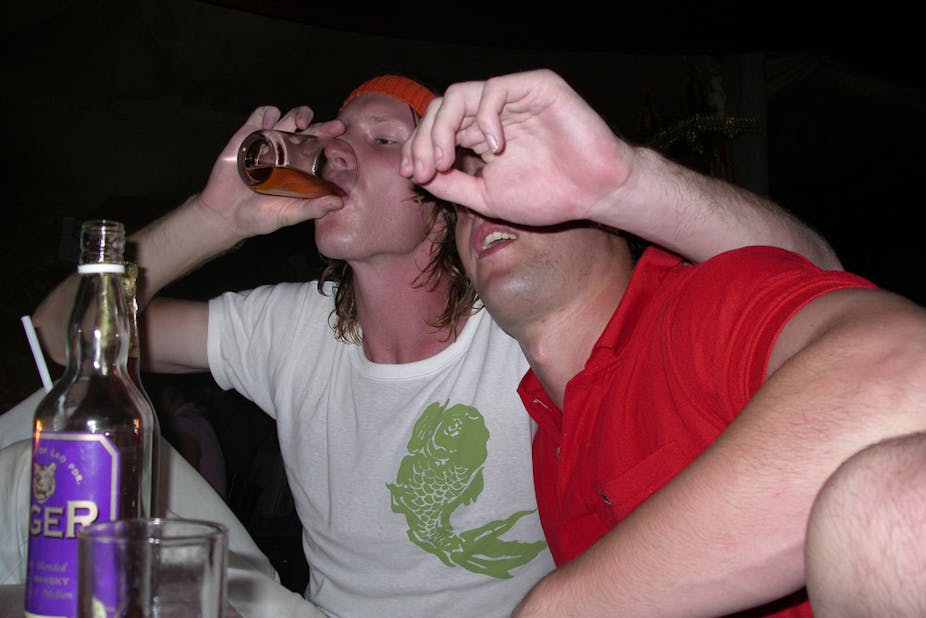A national review panel established today will “name and shame” irresponsible alcohol advertising in a bid to tackle the $36-billion-a-year cost of alcohol damage to Australia.
The independent Alcohol Advertising Review Board, chaired by former Australian of the Year Fiona Stanley, will take action where the voluntary, industry-based Alcohol Beverages Advertising Code has fallen short, Professor Stanley said.
The board is comprised of health professionals and related groups, and supported by the McCusker Centre for Action on Alcohol and Youth and Cancer Council Western Australia.
Mike Daube, a Professor of Health Policy at Curtin University and Director of the McCusker Centre, said that self-regulation by the liquor industry had been a “dismal failure”.
“We need to make people aware of this and offer a decent, independent system,” Professor Daube said. “We have no formal powers - but neither does the industry’s system. But we do have the capacity to address all forms of alcohol promotion, which they don’t, and crucially to name and shame those whose promotions are utterly irresponsible.”
Professor Daube said 80% of the alcohol drunk by 14- to 24 year-olds was consumed at levels that put them or others at acute risk. “Alcohol is not just a health problem. Up to 70% of police operational budgets goes to dealing with problems caused by alcohol.”
“The full costs of alcohol to the Australian community have been estimated at over $30 billion a year. This is a massive community problem.”
But Robin Room, a Professor of Population Health and Chair of Social Research in Alcohol at University of Melbourne, said decisions made by the new board were unlikely to have much impact beyond the symbolic. “I think the amount of advertising and where the advertising is placed is what’s important and unfortunately the panel has no control over that,” he said. “There’s just not much evidence in the literature that the content of the advertising makes much difference” to alcohol consumption.
Introducing regulations about advertising content would merely encourage “23-year-olds in advertising agencies to devote all their time to pushing the edge and getting around them,” he said.
“It would be much more effective if there was a rule that for every ad promoting alcohol, there had to be a counter ad advertising the dangers of alcohol.”
But Professor Daube said he was confident that closer scrutiny of the industry would eventually force change through government regulation. “I have no doubt that, though the industry might deny it, by advertising the worst excesses of the industry we will change [advertisers’] behaviour. I hope too that this will encourage government over time to regulate, so that advertising of alcohol - which is no ordinary product - is curbed and properly controlled.

